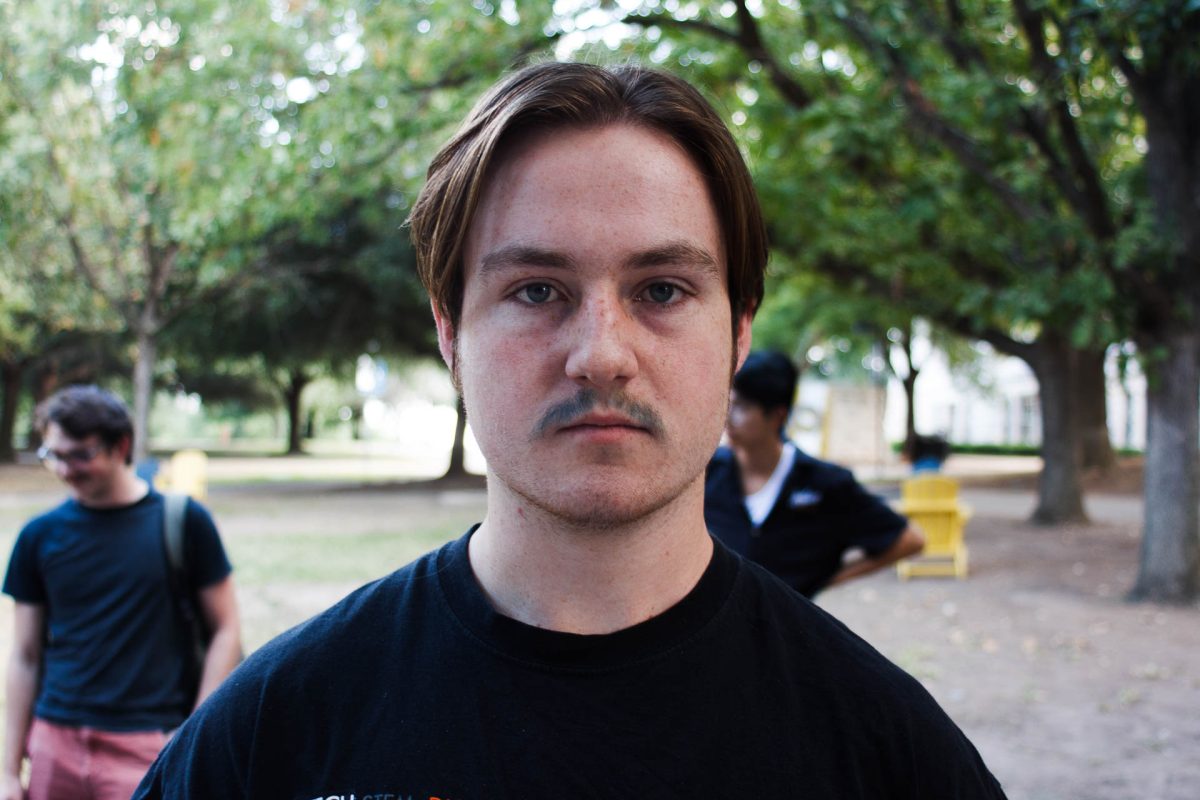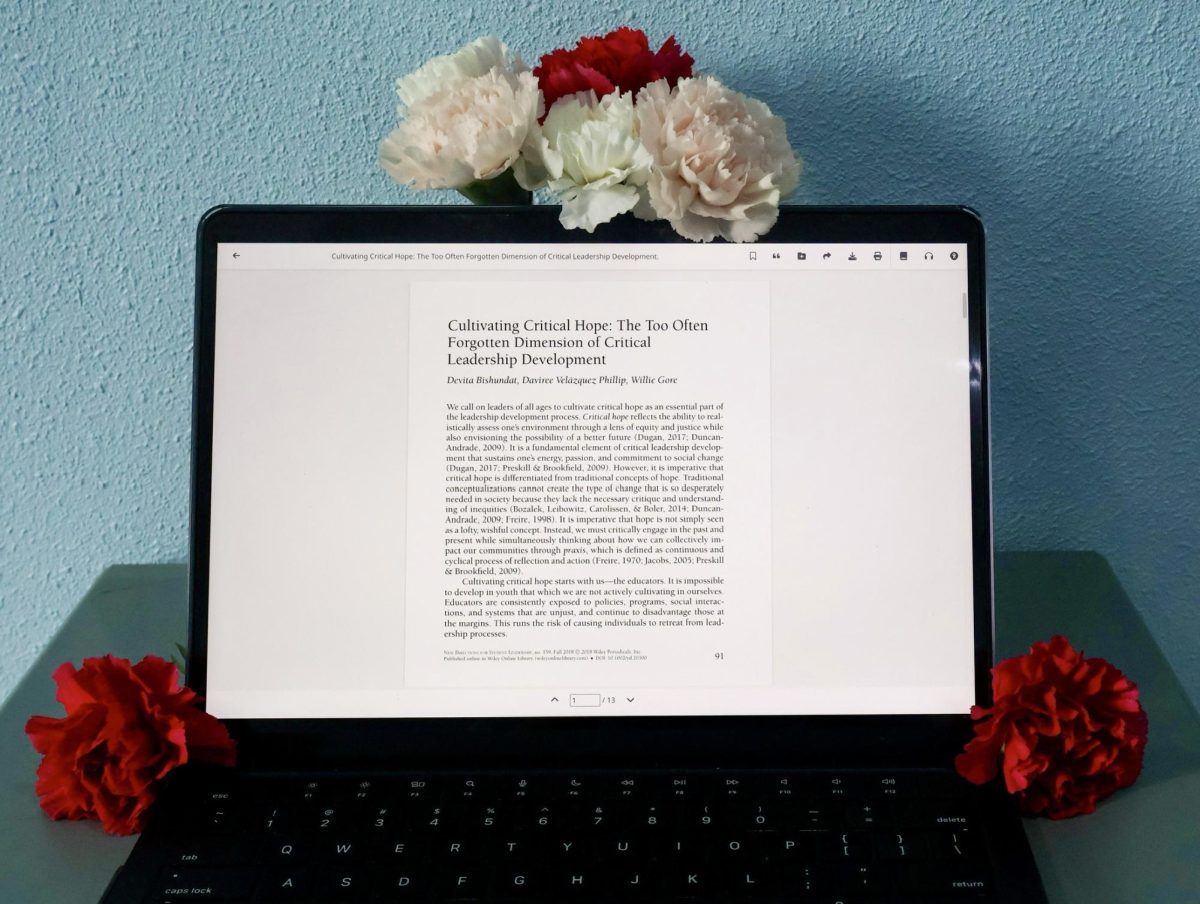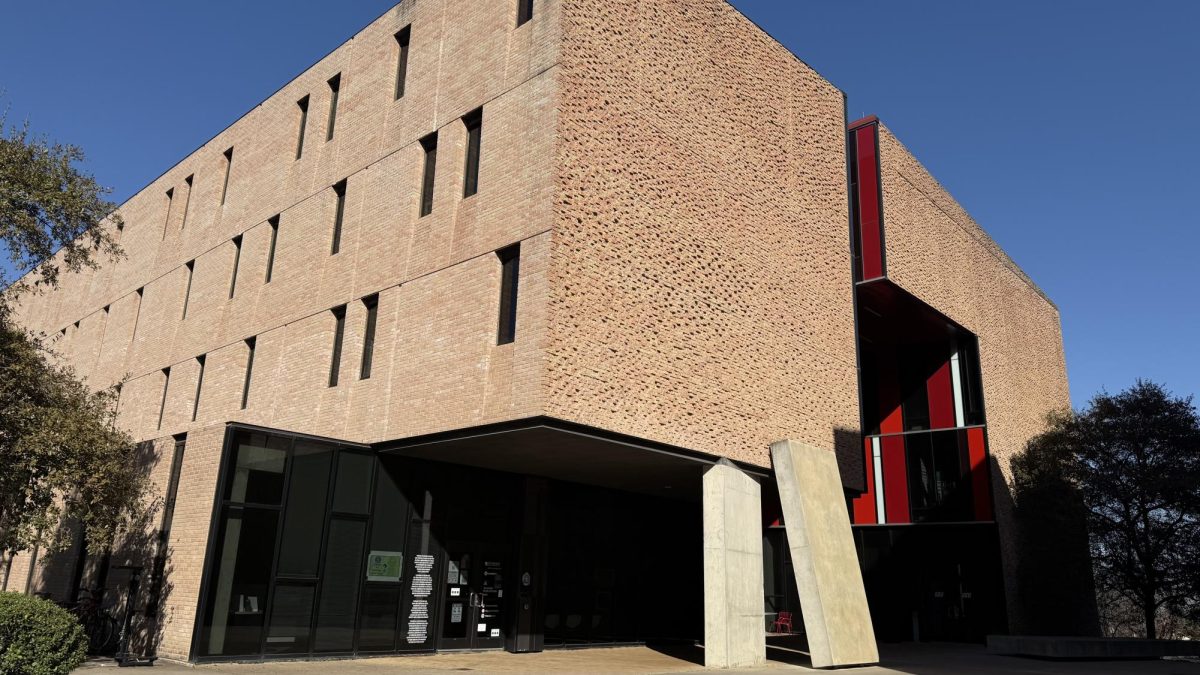The spirit of Creedence Clearwater Revival, Busch Lite, faded blue jeans and vintage belt buckles lay heavy in Austin and the entire United States. Alongside this resurgence of antique Americana is a familiar facial friend: the mustache.
Some have criticized the rise of mustaches due to concerns of uncomfortable kissing, oversaturation and aesthetics; however, I believe that these criticisms are ultimately misguided. The growth of mustachioed men is simply symptomatic of our society’s referential nature and need to express ourselves through style. The mustache is not our enemy, it is particular ‘wearers’ we must combat.

As a society, it is important that we do not confuse bad people with ‘bad mustaches’. When dealing with a topic that concerns so much with human expression, it is easy to fall into the trap of transferring hatred to related things. To me, every mustache is a neutral object placed upon people of varying moral characters and face shapes. These external and internal qualities ultimately form our perception of a mustache.
However, I must admit that not all mustaches are created equal. The fullness, shape, color and overall appearance do influence the quality of a mustache. But, I believe, the confidence of a wearer is the greatest factor in determining a mustache’s character.
It is the greatest tragedy when an otherwise stellar mustache is paired with an unconfident personality. One must wear a mustache authentically and not be ashamed of the hair that they have. As with every stylistic endeavor, you have to ‘own it.’
Additionally, some mustaches are grown for the wrong reason: to create fear and enflame.
References to dictatorial mustaches or deliberately ugly mustaches only exist to spread discomfort. I believe that these mustaches have no place in our current discourse or society.
I believe it is also important that we do not view mustaches only through a lens of romantic attraction. It would be irresponsible to consider mustaches only as a matter of taste with potential significant others. As matters of fashion, they exist in many contexts: political, fashionable, professional, etc.

Just because one may abhor the sensation of mustaches while kissing does not discredit the institution of mustaches. I, personally, wear a mustache regardless of the effects it may have on my romantic life. However, if one has problems with their partner having a mustache they should vocalize it before it becomes a bigger problem.
The cycle of fashion is continually turning, and we return to the same styles we previously visited. What was once deemed as the “20 year cycle” of trends, has now sped up and we are thrown references all the time. Some might wear mustaches as reverence to Burt Reynolds, Sam Eliott or even ‘Top Gun.’ That is the beauty of society: we carry the memories and influence of others wherever we go.
Human beings are not insular, and one cannot claim to be wholly original with their facial hair or any element of their style. However, this does not mean that everyone should sheepishly wear mustaches. One must confidently and assuredly decide if they can grow a quality mustache, and then shallow criticisms will be ineffective towards them. Through this, as a collective, we will have greater respect and admiration for the institution of mustaches.









